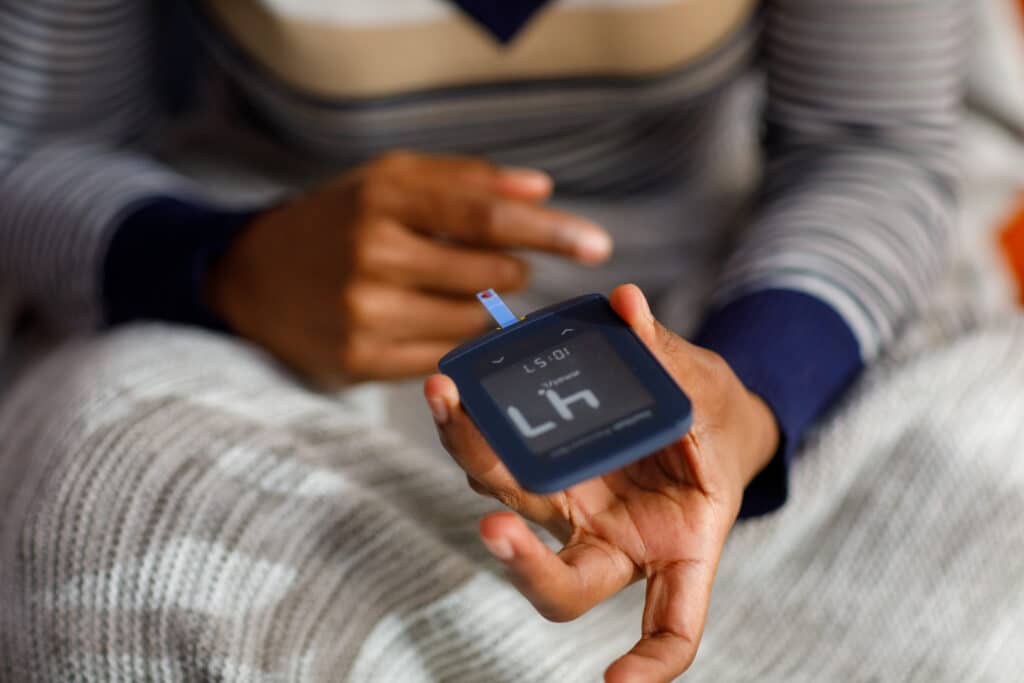
Eli Lilly recently announced their new diabetes drug, Zepbound (tirzepatide). This drug brings promising news to both the medical and Black community, as many Black Americans are often at a higher risk due to genetics, socioeconomic status and other factors.
Tirzepatide is a medication focused on reducing the risk of developing Type 2 diabetes by 94 percent in prediabetic adults in a clinical trial according to Eli Lilly.
Tirzepatide was evaluated in 1,032 random adults who had prediabetes, obesity or were overweight for a treatment period of 176 weeks, followed by a 17-week off-treatment period (193 weeks in total). Preliminary study results were published in the New England Journal of Medicine.
Eli Lilly found that treatment with tirzepatide resulted in sustained weight loss through the treatment period, with adults on the 15 mg dose experiencing a 22.9 percent average decrease in body weight compared to 2.1 percent for placebo in adults with prediabetes and obesity or overweight at the end of the treatment period.
These results provided evidence for a reduced risk of progression to type 2 diabetes and long-term maintenance of weight loss with tirzepatide in adults with prediabetes and obesity or overweight.
How Zepbound works
Lilly reports that Tirzepatide, a GIP and GLP-1 receptor agonist, works by activating the two hormone receptors. GLP-1 is a regulator of appetite and caloric intake.
Nonclinical studies suggest the addition of GIP may further contribute to regulating food intake.
Tirzepatide decreases calorie intake, and the effects are likely created by affecting appetite. In addition, tirzepatide stimulates insulin secretion in a glucose-dependent manner. Tirzepatide increases insulin sensitivity in patients with type 2 diabetes mellitus and these effects can lead to a reduction of blood glucose.
Why this matters
Recent reports show that 13.2 percent Black Americans are diagnosed with Type 2 Diabetes. For Black Americans, tirzepatide could provide a powerful new tool in diabetes prevention and management. The drug’s potential to significantly lower diabetes risk and support sustained weight loss aligns with the needs of the Black community’s health challenges.
This medication can offer a valuable option for managing weight, especially in cases where traditional methods like diet and exercise might be less effective or accessible.
Obesity rates among Black Americans are influenced by various factors, including genetic predispositions, cultural dietary patterns, and socioeconomic challenges, making weight loss drugs like Tirzepatide a potentially crucial part of a comprehensive health strategy.
“Obesity is a chronic disease that puts nearly 900 million adults worldwide at an increased risk of other complications such as type 2 diabetes,” said Jeff Emmick, M.D., Ph.D., senior vice president of product development at Eli Lilly.
Eli Lilly reports the next step is to seek approval of the drug from the U.S. Food and Drug Administration.









